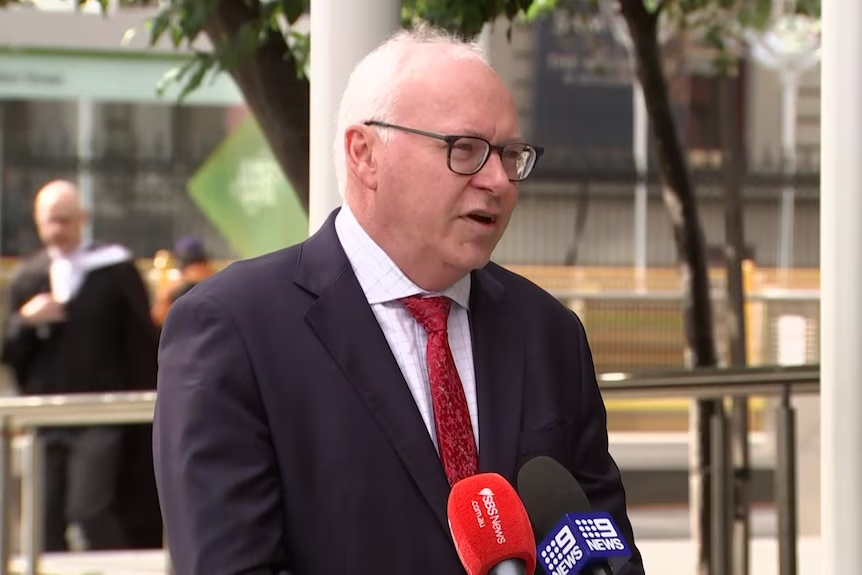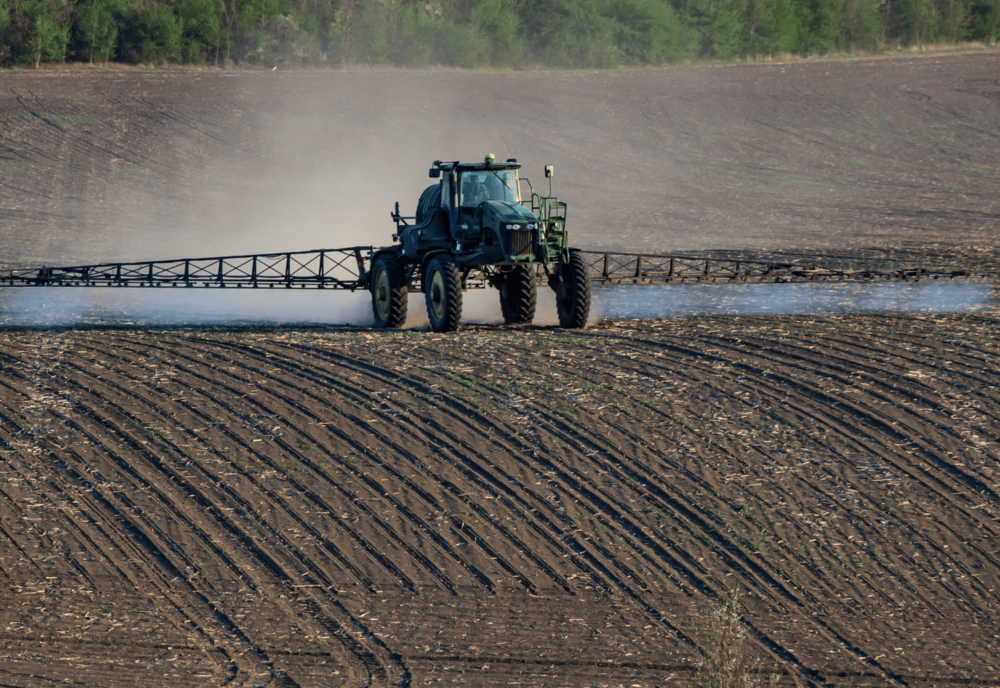Class Action: Does Roundup cause cancer?
Luke Williams
05 February 2024, 8:20 PM

Maurice Blackburn is conducting a class action with more than 800 people, who claim the herbicide Roundup and its key ingredient, glyphosate, is carcinogenic for humans and can cause non-Hodgkin lymphoma.
The action is against the company Monsanto, whose parent company is Bayer and is taking place in the Federal Court.
Maurice Blackburn says the class action is “on behalf of all people who have been diagnosed with non-Hodgkin lymphoma (NHL) due to using or being exposed to Roundup or Monsanto-branded herbicide products that contained glyphosate (Roundup Products) within Australia”.
Cases have been heard in the United States, where Bayer has settled close to 100,000 lawsuits in the last four years, costing the global pharmaceutical giant more than $17 billion Australia dollars.
The class action, known as the Roundup Class Action, seeks compensation for people who have been diagnosed with NHL and who also used or were exposed to Roundup within Australia at any time between July 1976 and 4 July 2022 (Group Members).
The claim involves allegations that glyphosate, glyphosate-based formulations and Roundup Products were carcinogenic.
Because of this, it is alleged that “Monsanto was negligent in selling Roundup Products which they knew (or ought to have known) were carcinogenic and increased an individual’s risk of developing NHL” and that “Monsanto’s conduct in its efforts to distort the science around glyphosate and Roundup Products was deceitful”.
A spokesperson for Maurice Blackburn said the first part of the trial is to establish whether glyphosate is a carcinogen, if the determination is yes then it goes to the class action itself to assess what the compensation will be.

Andrew Watson from Maurice Blackburn. Image: ABC
In addition to compensatory damages, it is alleged that the Court should award the group members exemplary or punitive damages.
The lead applicant in the Federal Court of Australia case is Queensland man Kelvin McNickle, 40, who allegedly used Roundup as a child while spraying weeds with his father and then during his adulthood through his work.
McNickle was initially diagnosed with non-Hodgkin lymphoma in May 2018 and underwent chemotherapy and radiotherapy for about seven months.
Not long after, doctors told him he was in remission. However, six weeks ago he was again diagnosed with the disease.

There is widespread confidence in the safety credentials of glyphosate in the Australian cropping industry.
Roundup is still used in Australia and the Australian Pesticides and Veterinary Medicines Authority supports the company’s claim glyphosate-based herbicides are not carcinogenic and is defending the class action.
Bayer says glyphosate-based herbicides have been rigorously tested in hundreds of studies, and the weight of that extensive body of science confirms that glyphosate is safe when used as directed.
“Monsanto’s defence of the claim demonstrates Bayer’s ongoing commitment to supporting Australian farmers by ensuring innovative products such as Roundup continue to be available, advancing sustainable agriculture and protecting food security,” the brand said in a statement.
The Federal Court case is expected to come down to the science behind glyphosate.
Closing submissions for the carcinogenic part of the trial were due on 29 and 30 January, and it may take up to six months for this part of the trial to be decided – and to see whether the matter will then turn to a class action.



